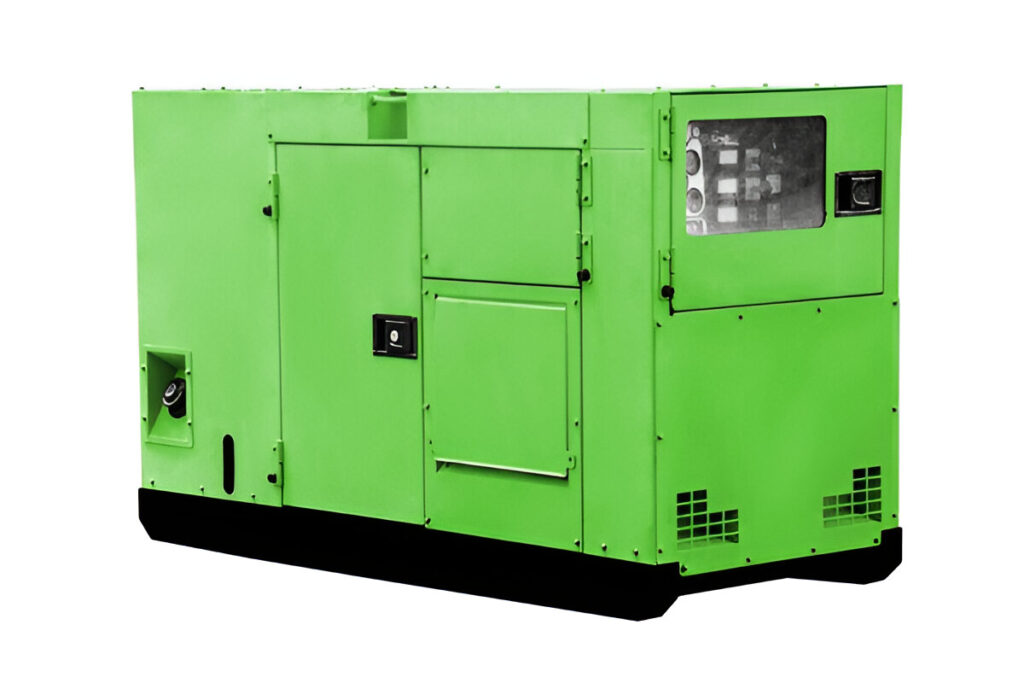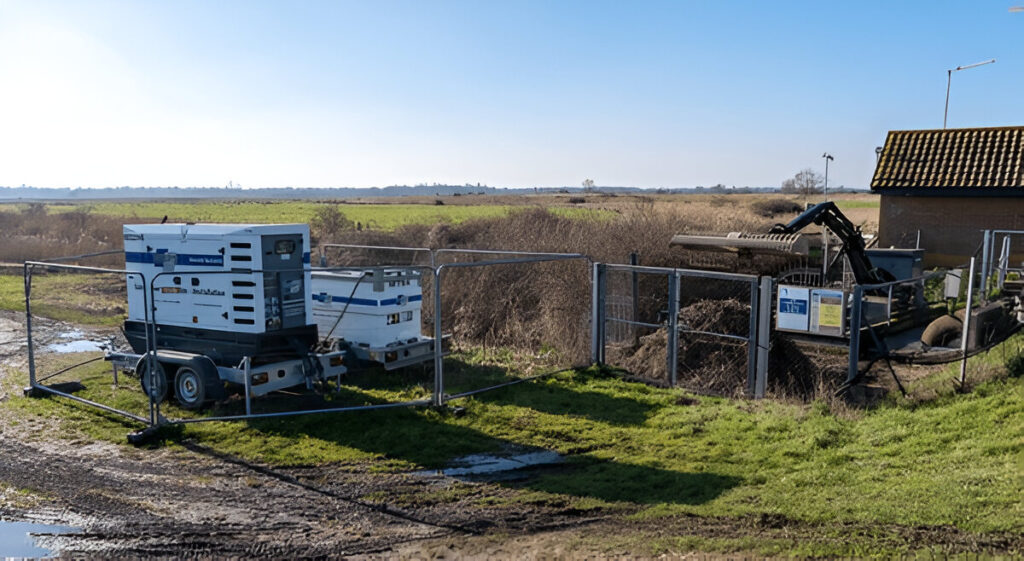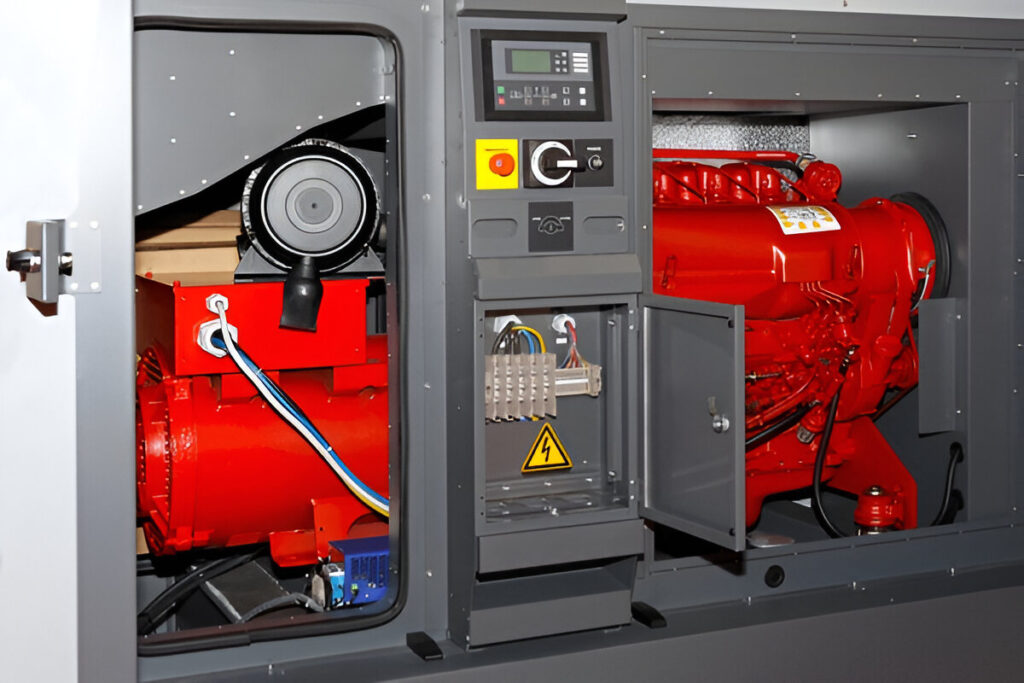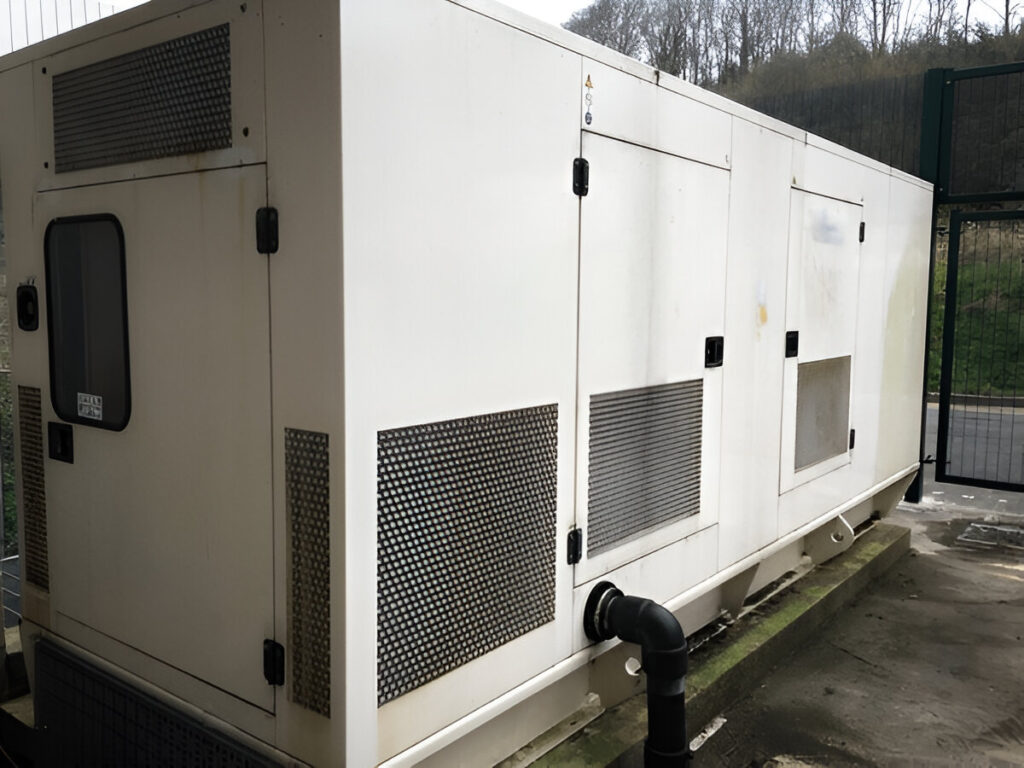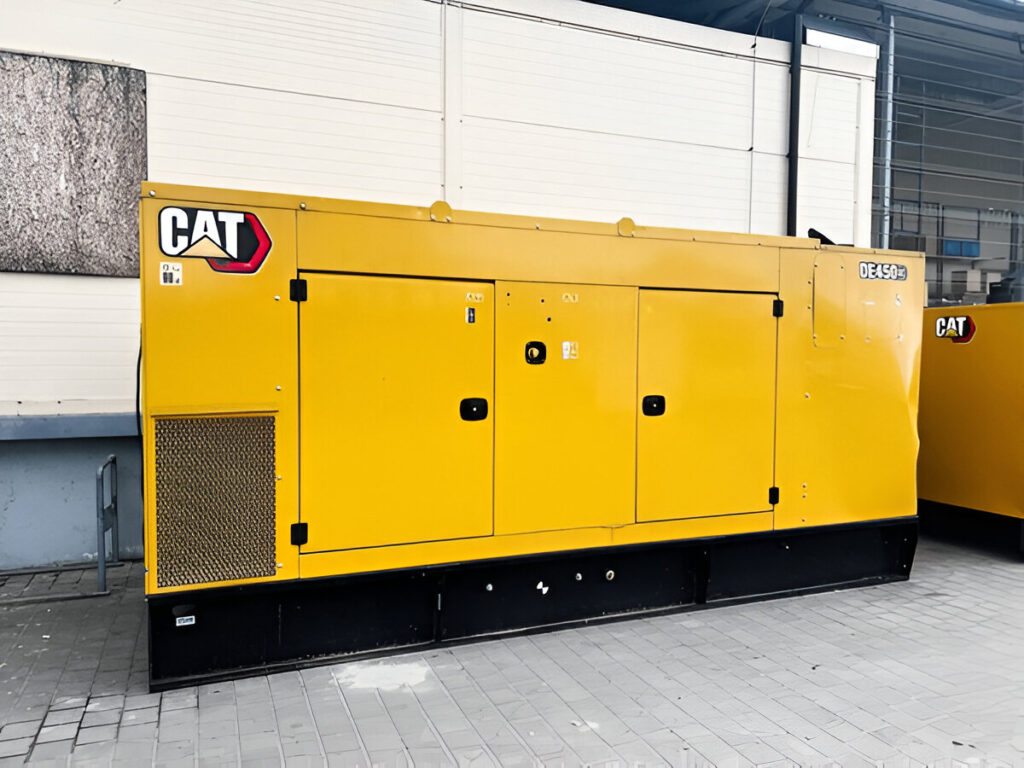In today’s power-driven world, diesel fueled generators play a vital role in ensuring uninterrupted energy for homes, industries, and remote operations. Whether used for backup or primary power supply, these machines are trusted for their durability, efficiency, and cost-effectiveness. However, like any mechanical system, they are not immune to wear and tear. Understanding the repair costs associated with diesel generators is crucial for owners to make informed decisions, reduce downtime, and manage long-term maintenance expenses wisely.
Why Diesel Fueled Generators Require Regular Attention
Diesel generators, especially those running for long hours or under heavy loads, go through significant stress. Over time, essential parts like filters, pistons, injectors, and the fuel system begin to degrade. Ignoring regular servicing can lead to costly breakdowns or even permanent engine damage.
The first rule of saving money in generator ownership is prevention. Investing in routine inspections helps detect issues early before they grow into expensive problems. That’s why working with professional service providers, such as those familiar with diesel fueled generators, is essential.
Key Factors That Affect Diesel Generator Repair Costs
Let’s break down the primary factors that impact how much you may spend on generator repairs.
1. Type and Size of Generator
A small residential generator will obviously cost less to repair compared to an industrial-grade 100kW unit. Larger diesel fueled generators have more components, require more labor hours, and often need specialized parts.
For instance, brands like Cummins generator Canada or Caterpillar have unique parts that might carry higher price tags but offer superior performance and lifespan. Always consider the model and specifications of your unit when estimating repair costs.
2. Age and Usage Hours
How old is your generator? A unit that’s been in use for over a decade or has logged thousands of operational hours will naturally require more repairs. Aging parts, corrosion, and fuel residue buildup can create performance issues.
Additionally, improper usage—like overloading or running the generator continuously without adequate rest—can accelerate wear. If you’ve purchased a used generator for sale, check its maintenance history and operating hours to plan for possible upcoming repairs.
3. Environmental Conditions
Generators used in dusty, humid, or cold environments tend to need more frequent maintenance. Moisture can corrode parts and affect the fuel system, while dust and debris clog filters and impact cooling systems. Investing in a quality generator enclosure is a smart move to protect the generator from harsh elements.
4. Frequency of Maintenance
Regular maintenance can drastically reduce unexpected repair costs. Simple tasks like oil changes, coolant checks, and fuel filter replacements prevent breakdowns. If these are delayed, you might end up paying for expensive component failures.
Partnering with a reliable caterpillar generator company or a certified repair service ensures that preventive checks are done properly and on time.
5. Availability of Spare Parts
Sometimes, what makes a repair expensive isn’t the labor—it’s the parts. If your generator model is outdated or rare, finding compatible components could be difficult or more expensive. That’s another reason many people prefer well-known brands like Cat Generators or Cummins—they offer better availability of parts.
Average Repair Costs for Diesel Fueled Generators
While costs vary depending on the above factors, here’s a rough idea of what to expect:
- Oil & filter change: $100–$300
- Fuel system repair: $400–$1,000
- Coolant system issues: $200–$600
- Injector cleaning/replacement: $300–$900
- Full engine overhaul: $2,000–$6,000
Of course, these are only ballpark figures. A professional evaluation is the only way to get an accurate estimate.
Reducing Repair Costs: Tips That Actually Work
- Schedule preventive maintenance regularly – Don’t wait for failure.
- Use high-quality fuel and oil – Avoid cheap alternatives that damage the engine.
- Monitor performance – Unusual sounds, black smoke, or power dips are red flags.
- Install a monitoring system – Many diesel motor generators can be fitted with sensors that alert you to faults early.
- Buy from trusted sellers – Whether you’re looking for a new or generator for sale, choose a supplier that offers after-sales support and warranty.
Is Repair Always the Best Option?
There comes a time when constant repairs cost more than replacing the unit. If your generator has become unreliable or is no longer meeting your power demands, it may be smarter to upgrade. Buying a diesel fueled generator with better efficiency and support options can save you money in the long run.
Final Thoughts
Owning a diesel fueled generator is a practical solution for consistent power supply, especially in areas with unstable grids. But ownership comes with responsibilities. Understanding what affects repair costs—and how to control them—can help you get the best value out of your generator. Keep your machine well-maintained, and it will serve you reliably for years.
If you’re in the market for trusted brands, repair solutions, or expert advice, check out BC Diesel Generators, your go-to source for premium power equipment.

